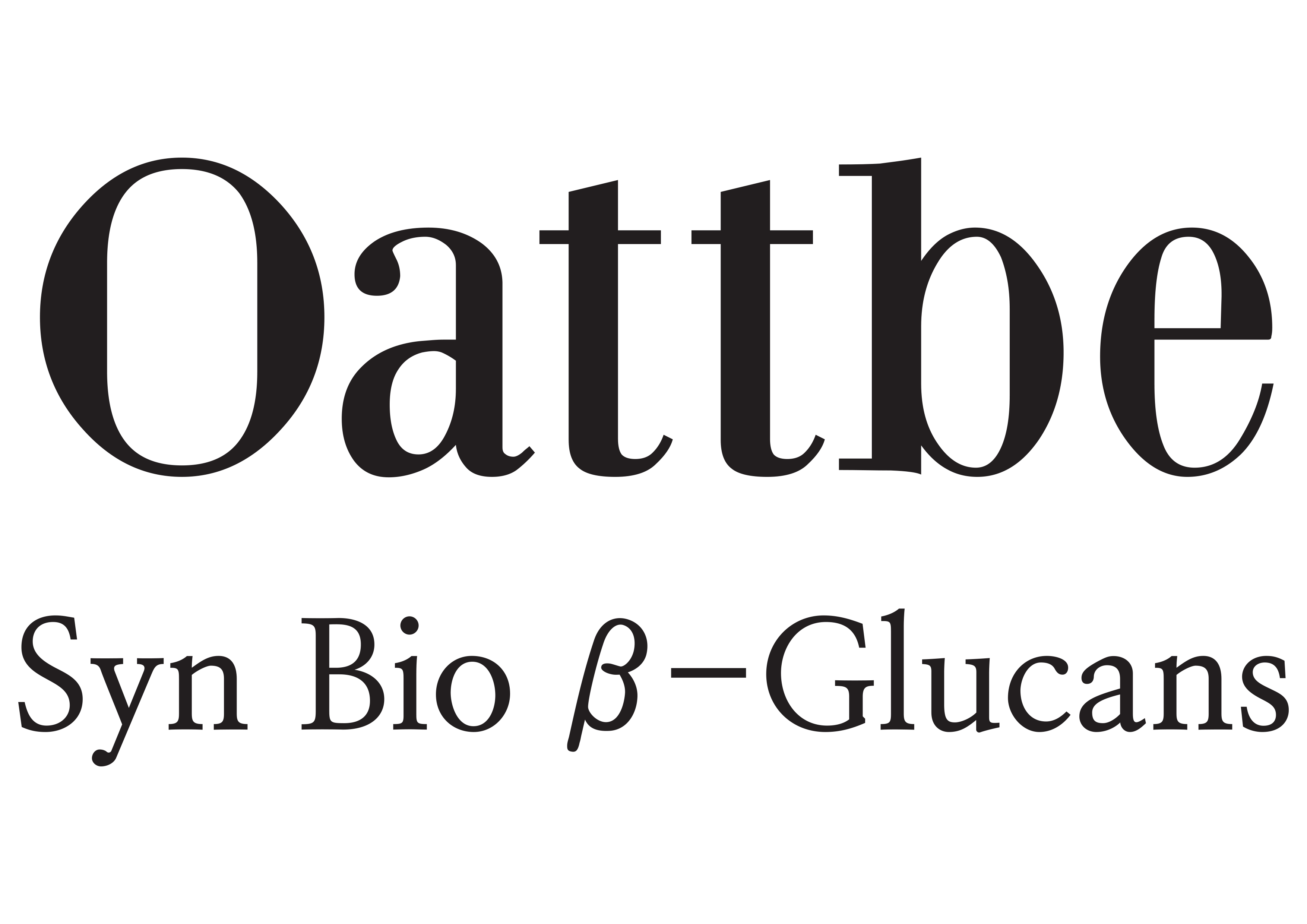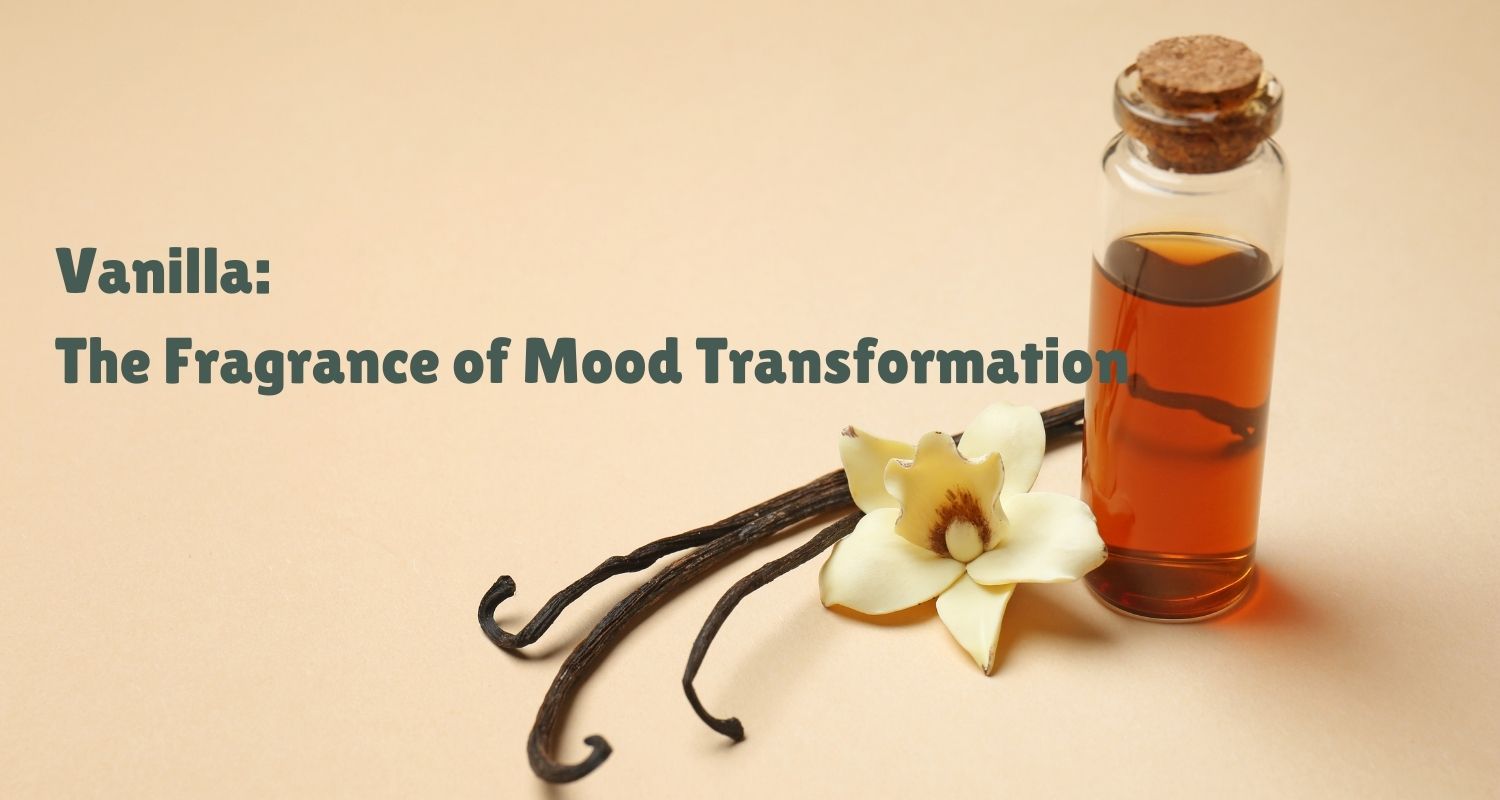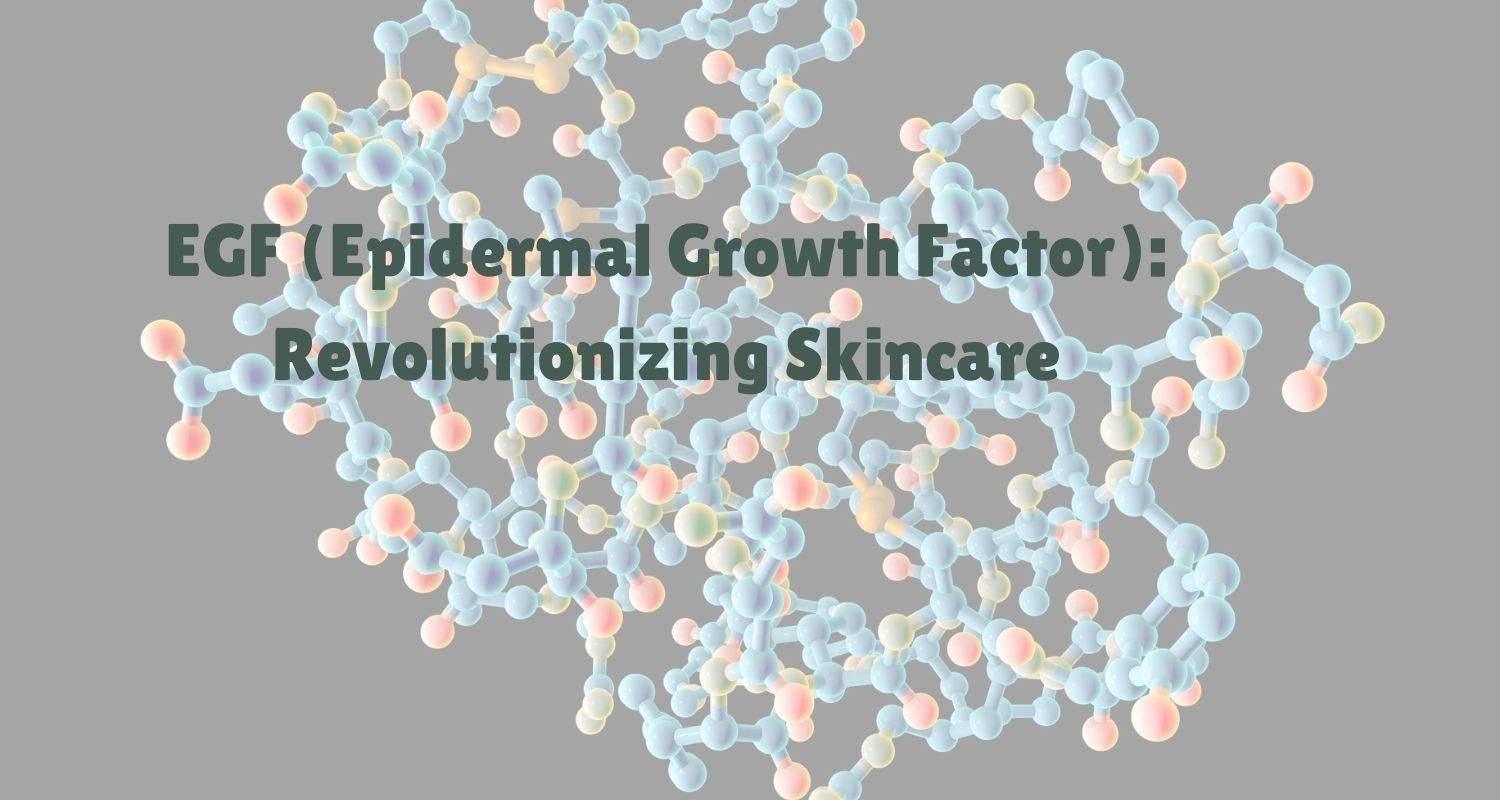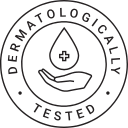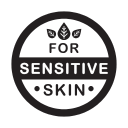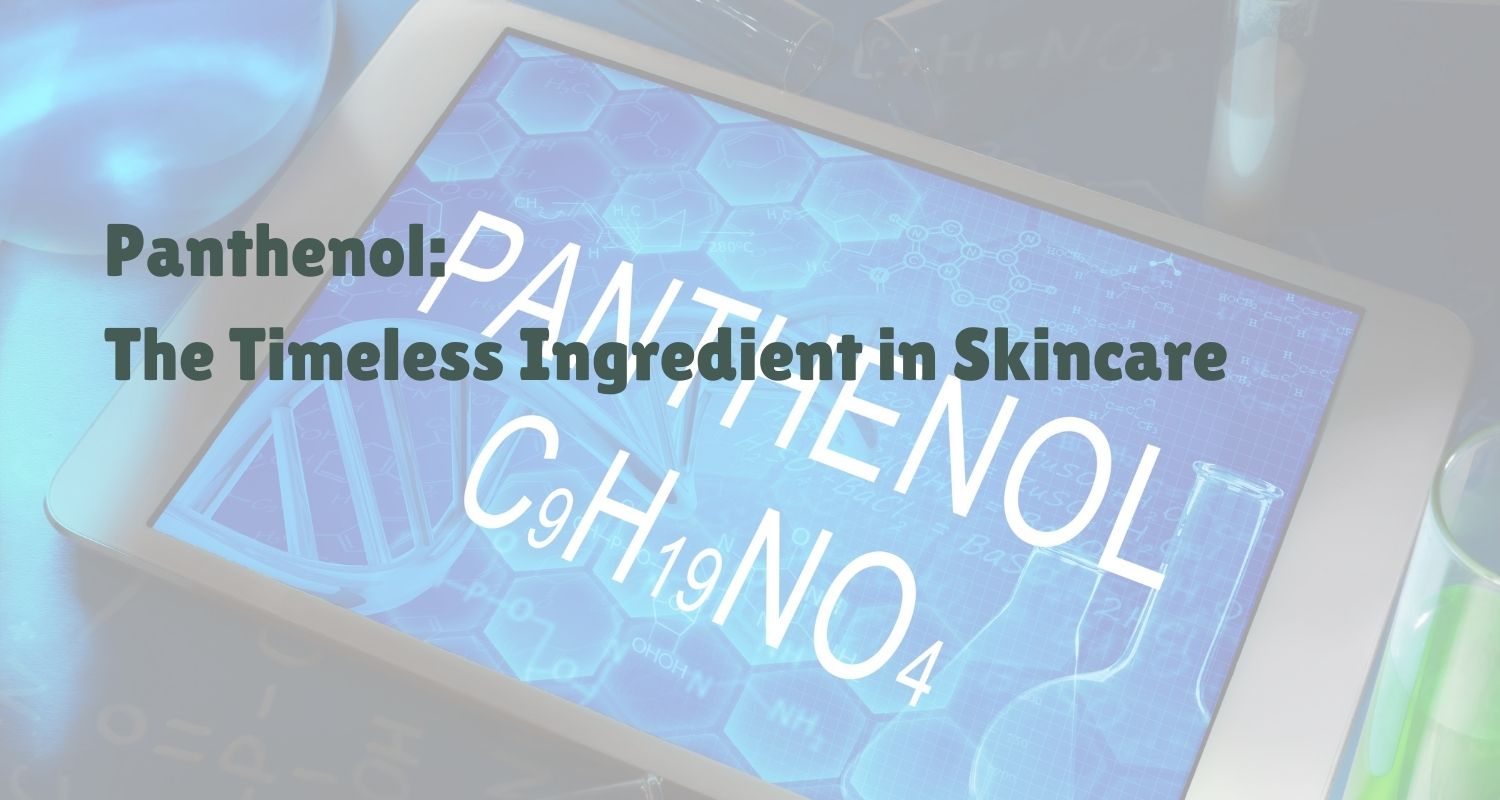
38. Panthenol: The Timeless Ingredient in Skincare
Panthenol: The Timeless Ingredient in Skincare
Panthenol, also known as Pro-Vitamin B5, has been a cornerstone in skincare formulations for decades. Its enduring popularity is a testament to its effectiveness and versatility. Let's delve into the world of Panthenol and compare it with another commonly used ingredient that offers similar benefits.
1. "Panthenol: The Multi-Tasking Skincare Hero"-Panthenol: The Skin Protector
Panthenol is renowned for its moisturizing, healing, and strengthening properties. It's a humectant, which means it helps the skin retain moisture, leading to improved skin elasticity and softness. It also plays a role in skin repair, aiding in the healing of minor wounds and reducing inflammation.
2. "More than Moisture: Panthenol's Healing Power"-Benefits Beyond Moisturization
Apart from its hydrating properties, Panthenol is known for enhancing skin barrier function. This makes it especially beneficial for those with sensitive or compromised skin, as it helps protect against environmental irritants and reduces redness and irritation.
3. Panthenol vs. Lecithin: Nurturing Skincare Ingredients
Panthenol and Lecithin are both revered ingredients in skincare, each bringing unique benefits to the table. Understanding their differences can guide you in choosing products that align with your skin's needs.
- "Panthenol: Soothing and Strengthening" Panthenol: The Healing Hydrator
- Nature: Also known as Pro-Vitamin B5, Panthenol is a humectant and a skin protectant.
- Benefits: It is celebrated for its moisturizing, healing, and skin barrier strengthening properties. Panthenol helps in retaining moisture, improving skin elasticity, and soothing irritated skin.
- Ideal for: It's particularly beneficial for dry, irritated, or sensitive skin due to its soothing and hydrating capabilities.
- "Lecithin: Restoring and Moisturizing"-Lecithin: The Natural Emollient
- Nature: Lecithin is a natural emollient, emulsifier, and antioxidant, commonly sourced from soybeans or egg yolks.
- Benefits: It is known for its moisturizing properties and ability to restore the skin’s lipid barrier, promoting a soft and smooth texture. Lecithin also helps in the absorption of other skincare ingredients.
- Ideal for: Great for dry to normal skin types, particularly those needing restoration of the skin’s natural barrier.
- Comparison of Panthenol and Lecithin
- Moisturizing Effect: Both are excellent moisturizers, but Panthenol is more about hydration and soothing, while Lecithin focuses on restoring the skin's lipid barrier.
- Skin Barrier Enhancement: Panthenol strengthens the skin barrier by hydration, whereas Lecithin does so by replenishing essential lipids.
- Soothing Properties: Panthenol is particularly known for its calming effect on irritated and sensitive skin.
- Absorption Aid: Lecithin uniquely helps in the better absorption of other skincare ingredients, making it a valuable addition to complex formulations.
In summary, while Panthenol is a fantastic choice for deep hydration and soothing irritation, Lecithin excels in restoring the skin's natural barrier and enhancing the effectiveness of other skincare components.
4. "Panthenol: A Versatile Ingredient for All Skin Types"-The Versatility of Panthenol
Panthenol's non-irritating nature makes it suitable for all skin types, including sensitive and acne-prone skin. Its versatility is evident in its wide range of applications, from creams and lotions to serums and facial masks.
